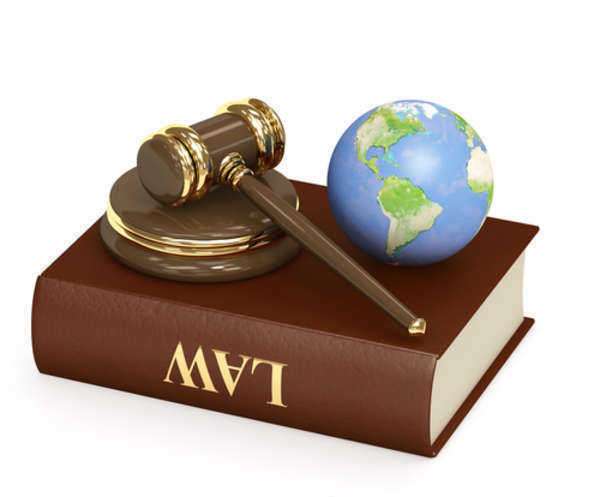Using Entrapment as a Criminal Defense
One of the less frequently utilized criminal defenses is the defense of entrapment. Entrapment cases are extremely difficult to prove and are often problematic and complex. Entrapment occurs when a Government agent or an officer of the law coerces another person into committing a criminal act. These agents are usually police officers.
In order for the entrapment defense to be effective, a defense attorney must not only prove that a Government official convinced the defendant to take part in the crime, but also that the offender would have been very unlikely to partake in the criminal behavior without his or her persuasion.
In the large majority of entrapment cases, the Government agent that is responsible for this coercion is an individual who is looking for a scapegoat for a crime that they are planning to commit. They may utilize their position and take advantage of their power in order to gain necessary information and resources to commit the crime that they are plotting.

Entrapment will occur when this Government official convinces an innocent individual to commit a crime. The agent may attempt to make the crime appear very attractive to the offender by guaranteeing that they will receive copious amounts of money or by claiming that the activity is legal. A Government official may be charged with entrapment if they have developed and implanted an imperative or pressing motive in the mind of the offender.
For example, if the agent has formed a strong bond of friendship with the defendant and has caused the defendant to believe that partaking in a crime will greatly improve the agent's situation, then the defendant may choose to partake in the criminal activity in order to benefit their friend instead of for personal benefit or gain. This type of behavior on the part of police officers may constitute entrapment cases. Entrapment cases may also ensue if a police officer pressures an individual into partaking in a crime through the use of force or threats of violence.
In many entrapment cases, a defendant is being tried for a crime because a Government official was resolved to frame an innocent individual for criminal activity. This may result from planting evidence that causes the defendant to appear guilty of the crime in question. There are many different ways that entrapment may occur, but it is essential that the defense attorney be able to prove that the defendant would not have taken part in the activity without the coercion of the Government agent.
Utilizing undercover agents that pose as drug dealers is not considered to be a form of entrapment. Therefore, if an individual purchases drugs from an undercover cop or if they sell drugs to an undercover cop, the entrapment defense will not be successful in negating their criminal liability. The Government official must not only provide the defendant with the opportunity to take part in criminal activity, but must play an active role in coercing the defendant and convincing them to take part in illegal behavior.